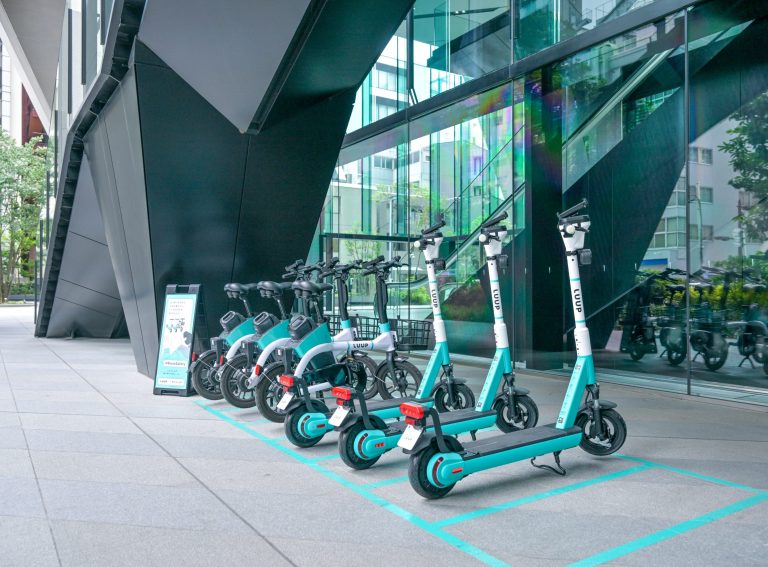The global shared mobility market is expected to be valued at $401 billion by 2030, according to a new report by global management consultancy firm Oliver Wyman.
This will mean shared mobility – which includes services like ride-hailing, scooter and e-bike rentals, and car-sharing – will make up 7% of all urban journeys.
Titled ‘Shared Mobility’s Global Impact’, the report assesses the economic, social and environmental impacts of shared mobility and is the first such intervention from Oliver Wyman.
Commissioned by micromobility operator Bolt, the report arose from in-depth research conducted by the consultancy firm over a six month period. Bolt supported the report by providing exclusive raw data from its operations as well as supplying user and driver surveys.
“The main finding is that shared mobility benefits the economic, social and environmental dimensions, but the full potential will only unfold if there is proper orchestration in place,” Dr Andreas Nienhaus, Partner and Head of the Oliver Wyman Mobility Forum, who led the study, told Zag Daily. “Regulators, providers, and users need to come together to use shared mobility in a way that enhances us as a society.”
One estimate of the report is that the shared mobility sector will offer 16 million people an earning opportunity by 2030, mostly within ride-hailing driving.
“But that needs orchestration to ensure that drivers can efficiently do their job. For example, there needs to be no regulation that prohibits them from taking on passengers.”
Behind the stats
Andreas believes that a crucial factor behind the report’s estimates is mobility behaviour.
“People change their mobility behaviour. They translate their behaviour from the digital world into the mobility world – they want to know where to access a service and they want to be flexible.”
Using tourism as a reference point, Andreas highlighted that those visiting a place for the first time tend to use transport they are familiar with. With the existence of shared mobility, users have the option of getting around the city in the same way they would at home.
“If you use a platform like Lyft, Uber or Bolt in your hometown and then make a trip to a city you don’t know, the hurdle to access the public transport system can be larger than just accessing the app on your mobile phone which already has all your payment details installed.”
Oliver Wyman now has over 6,000 professionals across 30 countries, combining deep industry knowledge with specialised expertise in strategy, operations, risk management, and organisation transformation.




